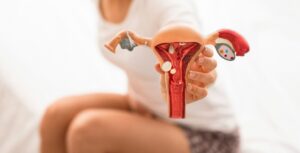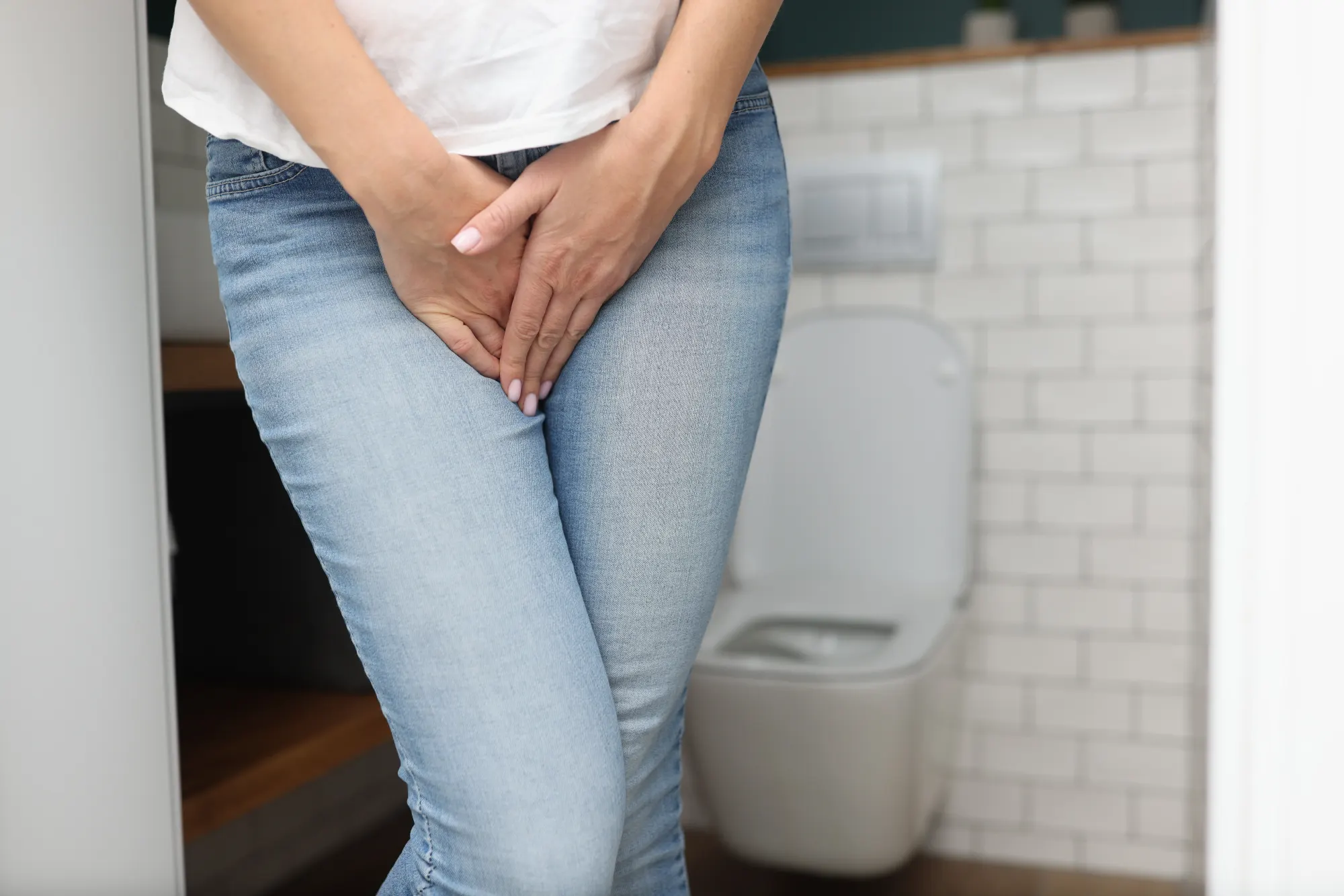
PCOS: Diagnosis, Research & Management
Polycystic Ovary Syndrome is a common endocrine disorder that affects people with ovaries, typically during their reproductive years.
Gynaecology > Incontinence

Find Out More


Incontinence is a common problem, involving lack of control over the passage of urine from the bladder, leading to unintentional leakages.
It can be a feature of getting older, although is also more common following pregnancy and vaginal birth, or in cases of obesity or a family history of incontinence.

The four main types of urinary incontinence are:
Urinary incontinence presents in different severities. Typical indicators include frequent urination, a sudden and urgent need to urinate, and the involuntary leakage of urine during physical activity or sneezing.
Some individuals may find it difficult to completely empty their bladder, while others may experience nighttime urination, known as nocturia. These symptoms highlight the varied ways in which urinary incontinence can affect daily life, requiring tailored management strategies for those affected.


Urinary incontinence may be successfully treated with pelvic floor exercises, which strengthen the muscles that control the flow of urine; bladder training, which helps individuals wait longer between the feeling of urinary urgency and the passing of urine; or lifestyle changes such as diet and exercise.
In all cases, these treatments are guided by a specialist and depend on the diagnosis. Temporary relief and management of the condition can be achieved by using incontinence pads or portable urinals. Medication and surgery may also be recommended when symptoms cannot be managed through other means.
In addition to medical treatments, making lifestyle adjustments can significantly improve symptoms of urinary incontinence. These may include:
Use our online booking engine or book your test by giving us a call.
On the online booking engine select the “appointment type” you need.
You will be seen by one of our friendly doctors or trained clinicians.

Your healthcare provider will ask you questions about your symptoms, medical history, medications you are taking, and any previous surgeries or conditions that may contribute to urinary incontinence. It would be helpful if you wrote these down beforehand to prevent accidentally leaving something out.

Your appointment may include a general physical examination and a focused examination of your abdomen, pelvis, and neurological system. A urine sample may be collected and tested to check for signs of infection, blood in the urine, or other abnormalities. You may be asked to keep a bladder diary for a few days. This involves recording the times you urinate and the amount of urine you produce, as well as any episodes of incontinence. This diary can provide valuable information about your bladder habits. Additionally, after you urinate, an ultrasound or catheter may be used to measure the amount of urine left in your bladder, which helps determine if your bladder is emptying completely.

Your healthcare provider will review the results of the tests and examinations with you. They will discuss any abnormalities found, such as signs of infection, urine retention, or structural issues in the urinary tract. If necessary, your healthcare provider may refer you to a specialist, such as a urologist or urogynecologist, for further evaluation and management.
Incorporated
in 1998
Experienced doctors & a professional team
Registration
not needed
Up-to-date with the latest treatments & testing
Strictly
confidential
Experienced doctors & a professional team
Affordable private
health care
Transparent fee structure with no hidden charges
We work with experienced consultants & healthcare professionals who have received positive feedback from our patients, and with whom we have established long-term relationships.
Latest Episode
Tune in to our podcast to explore the world of healthcare and learn from distinguished special guests. We cover everything from preventative measures to cutting-edge treatments so that you can stay informed and up-to-date on health-related things.

Polycystic Ovary Syndrome is a common endocrine disorder that affects people with ovaries, typically during their reproductive years.

Menopause is a natural biological process that marks the end of a woman’s reproductive years, typically occurring between ages 45

Learn about vaginal discharge: its role, what’s normal, and when to be concerned. Stay informed for optimal health.
Subscribe for latest updates & news


From same-day private GP and blood test appointments to visa medicals, a sexual and reproductive health clinic, and preventative health screenings, we are here to help.
Contact Us
Accepted Insurance Companies






Please note that Walk-in Clinic is a private medical centre & not an NHS service. Harley Walk-in Clinic Ltd company registration no. 07472804